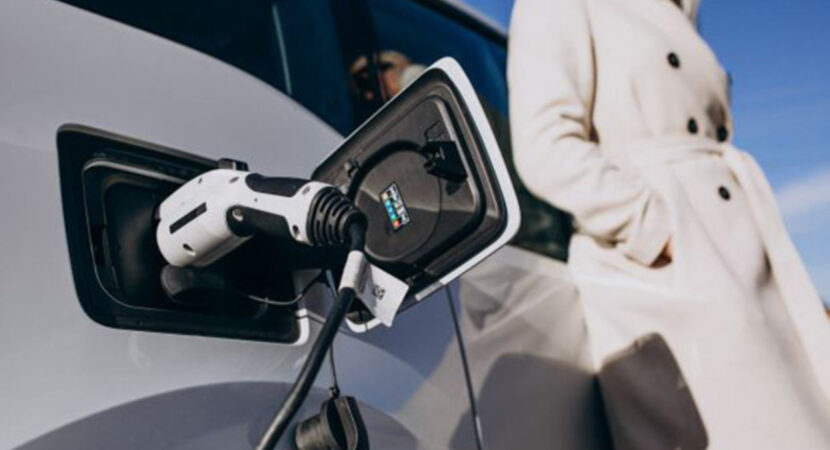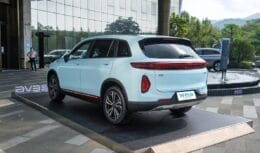
New Federal Government law for electric cars in SP includes new adaptations in buildings
New buildings built in the city of São Paulo (SP) will have to have an electric car charging system, starting next Wednesday (31) with a new requirement from the Federal Government. The requirement is valid for projects of commercial and residential buildings registered with the city hall from this day on, that is, buildings that are already in progress do not need to include the service for electric cars or make adjustments.
Read also
The Federal Government law determines that the measurement of electricity consumption, used for each electric car, must be individualized. The charge for use is not detailed in the legislation, but can occur at the time or come on the condominium slip.
The new law of the Federal Government in SP must propose more than 1 thousand projects of new buildings, aimed at classes A and AB and built in the next five years in SP. The project was made by Zletric, one of the companies that installs electric car charging systems and which has already registered a high demand for the service.
Zletric's executive director, Pedro Schaan explains: “In the condominiums that are already changing the projects to comply with the Federal Government law, the company is installing charging points in the common areas of the buildings. The energy fee is paid only by those who supply the car, despite being installed in a common area”
System of the new law of the Federal Government in SP can be expensive
Prices for an electric car charger vary between R$6 and R$10, according to Schaan. It would be necessary to disburse between R$ 36 thousand and R$ 60 thousand to serve, for example, all the residents of a condominium with six buildings.
There is also the possibility of renting the system for an average of BRL 200 per month per recharge point. In this case, the corresponding energy rate appears directly on the electricity bill, as the rent is for individuals.
Despite the costs, the possibility of an increase in the prices of new apartments and even rents is refuted by Secovi-SP.
Vice-president of Technology and Sustainability at the union, Carlos Borges explains: “The law does not measure the cost of construction companies. I don't believe there is any transfer to the consumer. On the issue of leasing, there could be an increase, but it is very difficult, because there are few electric cars running in the country currently”.
Buildings that fall outside the requirement
Developments built from public housing programs or subsidized with government resources, provided that technical or economic impossibility is proven, will not be required to have electric car recharge services.
Borges says: “The law excludes low-income housing, which is correct given that this type of car is very expensive, as it also excludes buildings that are already built due to the difficulty of adapting different buildings”
Last year, 6.850 electric cars were purchased in the state of São Paulo, according to ABVE. Most of these cars are called hybrid vehicles, which allow switching between the electrical system or combustion. Currently, more than 40 electric cars are circulating in the country and the expectation is that the number will rise to 1,5 million in 2030, according to ABVE.













Air Force F-16 fighters…
True friend, what they shot down were…
Air Force F-16 fighters…
I would like to know what planet you live on…
Air Force F-16 fighters…
Well... It's flying scrap... Typical...
Air Force F-16 fighters…
Which genocide are you talking about? Than…
Air Force F-16 fighters…
Venezuela's air superiority is a…
Arriving here in this configuration and range…
For over 15 years my car…
I would really like this opportunity
This type of war that China…
The car isn't that bad, but...
Hmmm...I don't know if I believe it! I thought they shot...
If Elbit retaliates, it will paralyze...
The institution went bankrupt. They lost respect for…